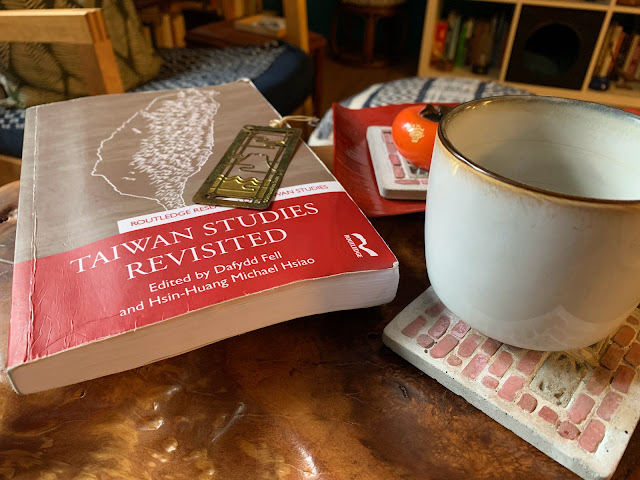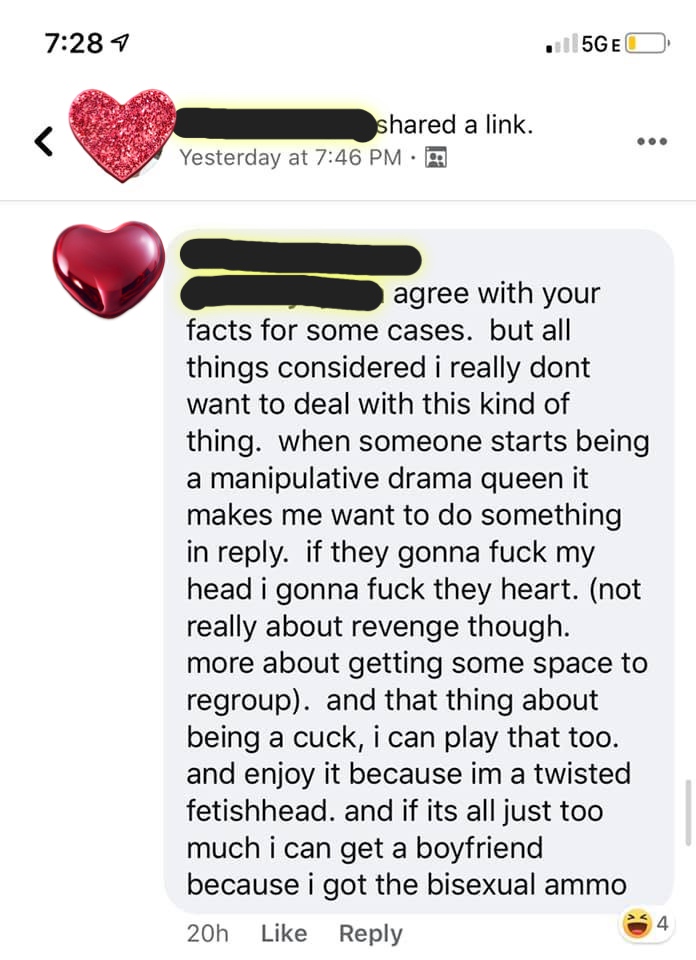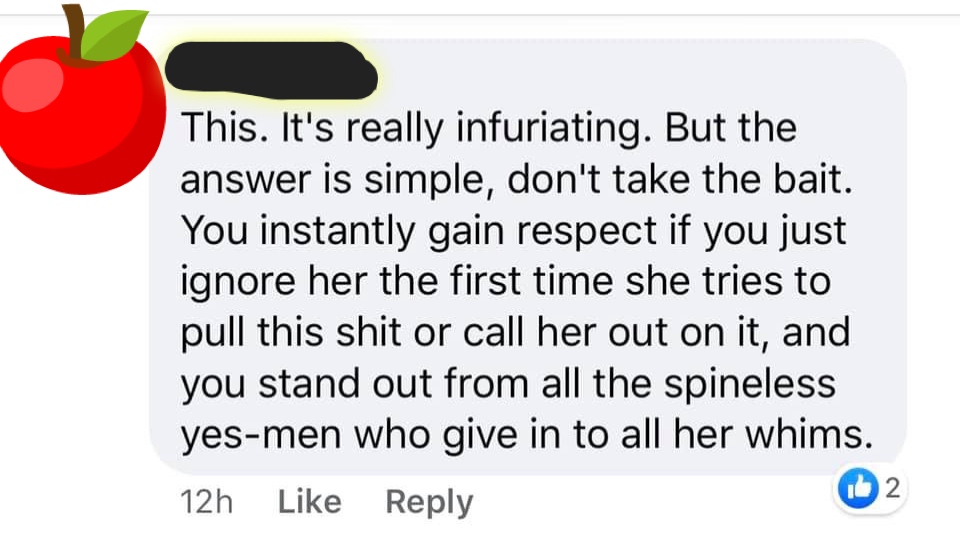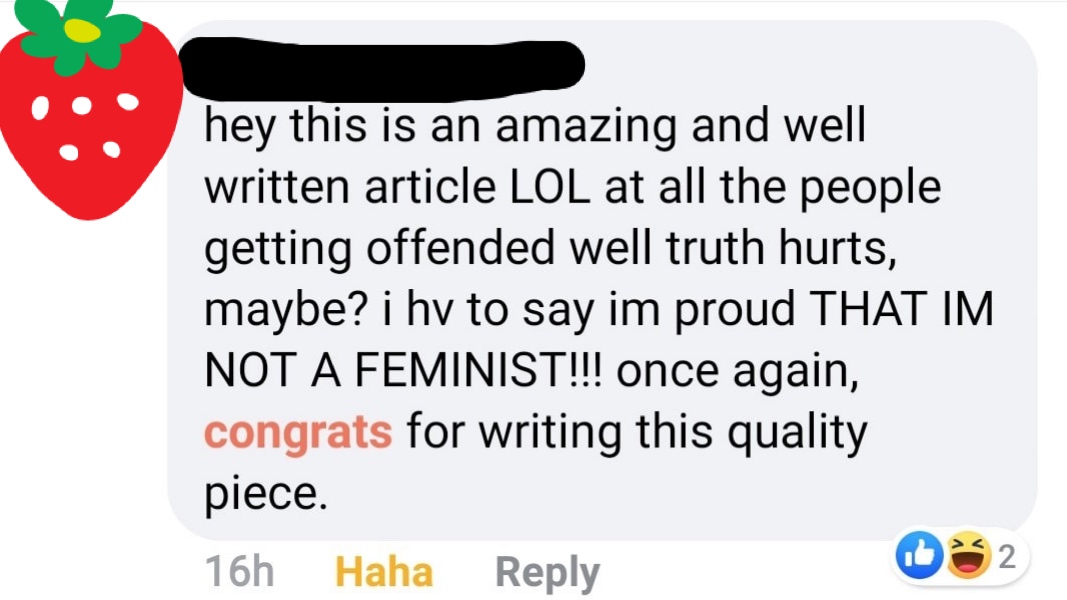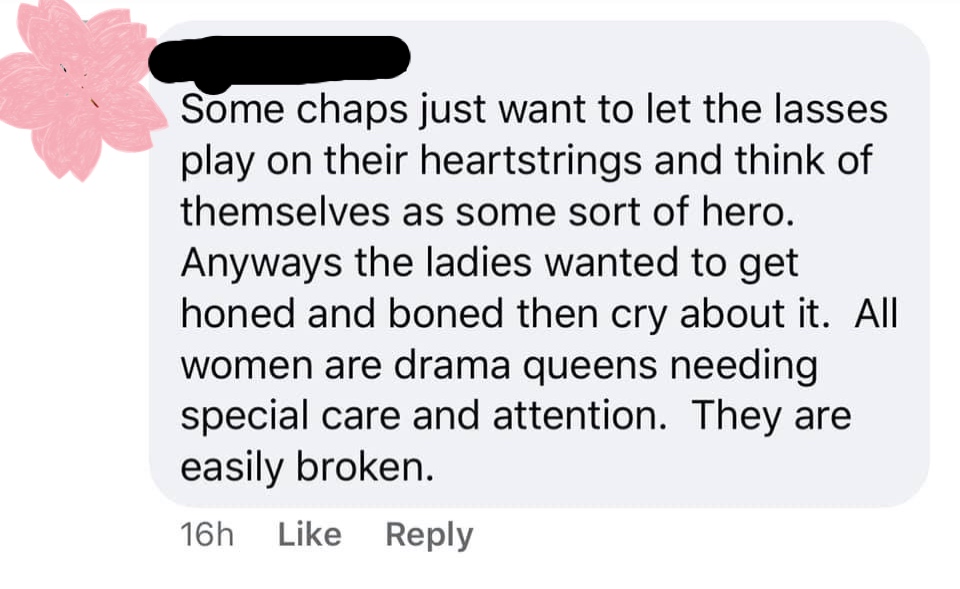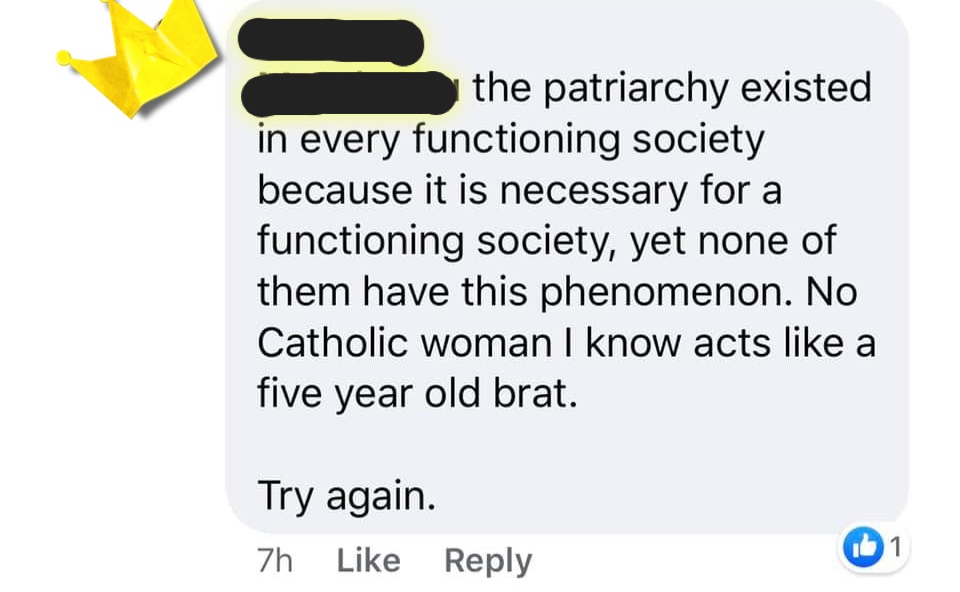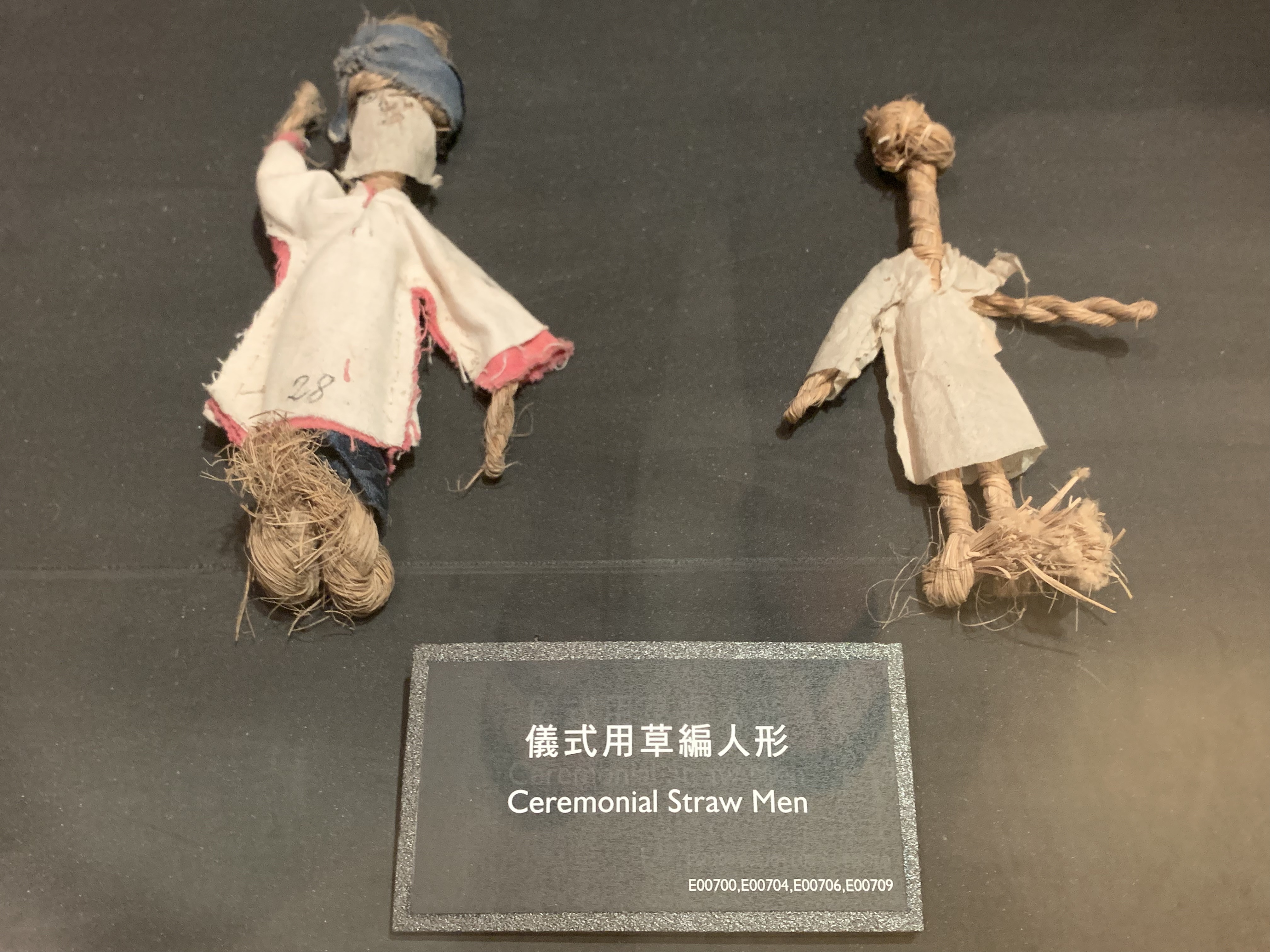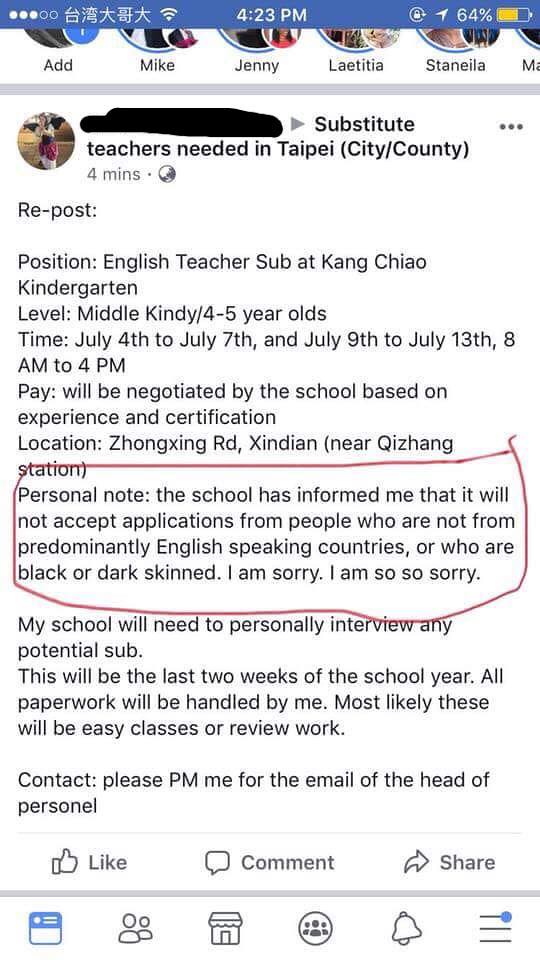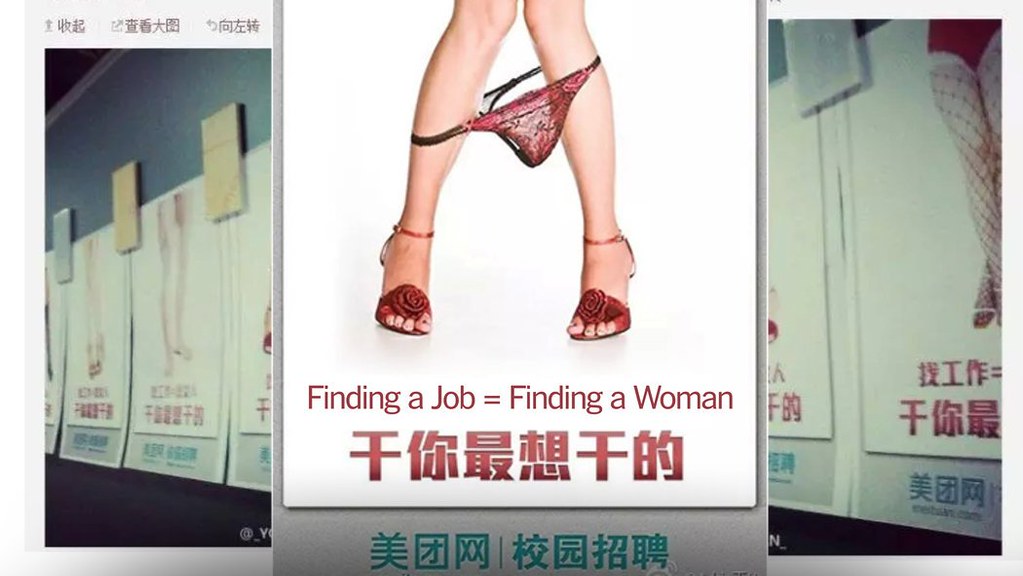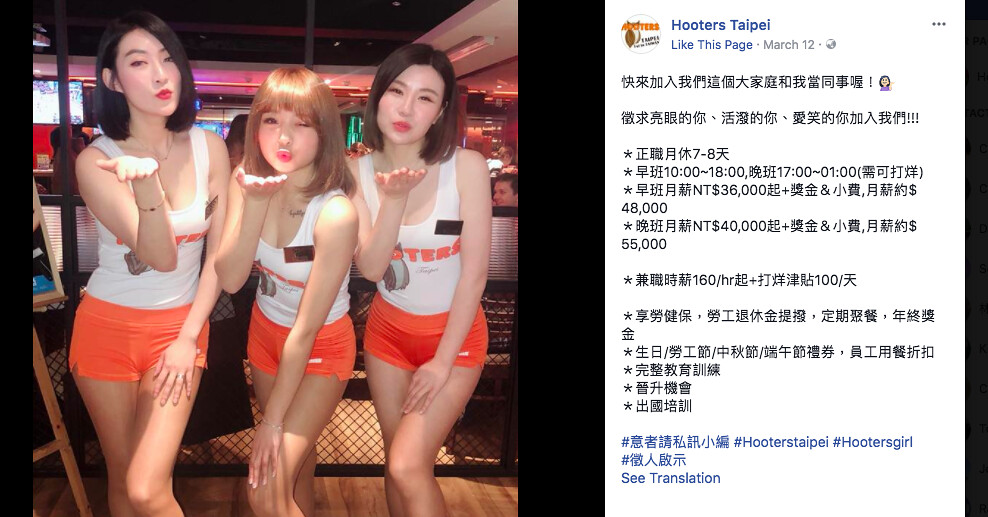In the past, I'd found it difficult to access the Routledge series on Taiwan research. The hardcovers are expensive (they're priced for university libraries) and it can take time for more affordable paperbacks to come out. There have been improvements in this situation, though. Paperbacks are coming out more frequently, making more titles available. I've thoroughly enjoyed reading Taiwan's Green Parties, Social Movements Under Ma Ying-jeou -- which I read years ago but didn't review -- and now Taiwan Studies Revisited. I'm currently working my way through The Spirit of 1895. If I can find a more affordable copy of Perverse Taiwan, it's next on my list.
Today, I want to talk about Taiwan Studies Revisited. The central concept of the book revolves around authors of well-regarded books about Taiwan from decades past discussing the research and career trajectories that led to their publications, their arguments at the time, reviews and criticisms and how they feel their ideas have held up. There is another line of synergy running through each chapter, centering on the use of "China", as compared to Taiwan, as a conceptual touchstone, and how authors may have felt obligated or pressured to position their work as China-focused research.
Throughout, contributors also reflect on the evolution of Taiwan Studies over the last several decades, from the 'desert' of the 1990s to the relative prestige of today. Is Taiwan Studies still a marginalized area of inquiry, at best subsumed under China Studies, at worst seen as a career dead end? Taiwan Studies Revisited doesn't directly answer this question, but does reflect on it from multiple angles. Generally speaking, the outlook is positive.
Featured academics include Simon Long, Melissa Brown, Anru Lee, Henning Klöter, Thomas Gold, Dafydd Fell and Michael Hsiao, among others, and was edited by Fell and Hsiao. It would take forever to recap each chapter; with regrets, I'll discuss only a selection of the ones I found particularly thought-provoking.
Overall, I enjoyed the 'recaps' of all of these fantastic works. Taiwan Studies Revisited can act as a sort of a collected Cliff's Notes of important research from decades past, either refreshing one's memory of books read long ago or giving you ideas about what to prioritize reading next. For example, Gold's chapter was a solid review of State and Society in the Taiwan Miracle, which I read ages ago, before I was doing book reviews. Brown's chapter focused on Is Taiwan Chinese? made me move that book -- sitting on my shelf but as-yet unread -- to the top of my list.
While I was less interested in the conditions that precipitated the authors' specific research or their paths to becoming Taiwan-focused academics, it was notable to me how many started out interested in China but moved to Taiwan -- in Gold's case, finding the topic too interesting to abandon in favor of China. Yes, many encountered pressure to position their publications within a China framework as research on China tends to be higher-profile and get more attention than Taiwan, but those who actually began by wanting to focus on China and shifted toward Taiwan had the most interesting stories.
I'm aware that Taiwan-based academics have held this debate among themselves: is Taiwan Studies part of a greater China-focused research area, what does it mean that to study Taiwan? Many must enter or work within the China Studies programs at their universities -- is this acceptable?
Not that it matters, but I have my own opinion on this: if you are forced by circumstance to work within a China-focused framework but are aware of the inherent problem with that positioning, I have all the sympathy in the world. We do what we can in the circumstances we are handed, and not every university has a Taiwan Studies program.
If, however, one actually sees oneself as ultimately within the China Studies paradigm, but studies Taiwan, then -- well, the kindest thing I can say is that I'm not impressed. I view all China-based observations, research, journalism and approaches with suspicion. If one actively positions Taiwan as part of some greater China-focused area of inquiry, to me that is a fundamental misunderstanding of Taiwan's uniqueness, even as I admit that China has greatly (but not entirely) influenced Taiwan. I will always take such work with an entire Tainan salt mountain of skepticism.
In other words, it's understandable to do what one can within a non-ideal academic environment. Moving from China to Taiwan-focused inquiry and comprehending what that means is also not a problem. In fact, it should be welcomed. But to see Taiwan-based research as ultimately one aspect of China-focused research, if that research is not directly related to the influences China has had on Taiwan? I'm out.
Another thread I noted that spanned several chapters centered on social welfare in Taiwan. This is a good example of what one can learn from Taiwan Studies Revisited as several books across multiple areas of research are brought together.
It comes up in Joseph Wong's chapter on Healthy Democracies and Welfare Politics in Taiwan, Dafydd Fell's reflection on Party Politics in Taiwan, and Mikael Mattlin's discussion of Politicized Society. The development of, say, National Health Insurance (NHI) was an interplay of political and social forces: while it was ultimately promulgated by the KMT, early proponents and activists pushing for a nationalized health insurance system actually stemmed from the Tangwai, which eventually coalesced into the DPP. It's too simplistic to say that the KMT merely stole the opposition's idea for their own electoral gain (though in a sense, they did) -- the "race to the top" of benefit offerings was the result of both parties trying to buff up their social welfare bona fides during elections.
That said, before universal programs were pushed, the KMT regularly enacted highly discretionary welfare programs. Many citizens received little or no benefit from these, and they effectively created support blocs for the KMT (the book doesn't say this outright, but it is a logical conclusion and was borne out by the fight over pension reform several years ago). Here's what it does say: in changing this, groups that received the most benefits did "lose out" as their extra privileges were eroded, but the outcome was more universal -- though imperfect -- access.
Here's something I didn't know: Wong notes that at one point, the KMT attempted to offload NHI through privatization. I believe this would have been disastrous. Fortunately, it never happened: opposition parties and social groups kept NHI under government purview, which probably kept it affordable and accessible for citizens.
With that, I want to make an appeal: let us never again declare that the KMT should get all the credit for programs like NHI. Certainly, they enacted it, but they were not the only player in that game.
I also found Melissa Brown's chapter to be of specific interest, in terms of both pressure to orient Taiwan-focused research as being under a China umbrella, and the specific issues women face in academia. Brown was the only female contributor to talk about sexism, but when a woman says she's faced discrimination, I tend to believe her. To see her tackle this issue head-on and even name some names was phenomenal (though I am sure those named were less than enthused). It's difficult to do this: as a woman, I know what it's like to ask myself, "is it really just me? Am I simply wrong, or less capable as an individual? Or is this an issue of unexamined sexism in which my ideas are given less credence simply because I'm a woman?" It can be hard to tell, and when I face what I feel is systemic sexism (and I have), I still struggle with being sure.
Even if one is sure, it's even more difficult to speak up. Women who do so are regularly called irrational, emotional, "just angry", troublesome. People do say it's just us -- this or that woman is simply jealous or bitter that her individual star doesn't shine as bright, and it has nothing to do with her sex -- even when it's not true. It's hard to fight. An individual woman is not necessarily as capable as any given man simply because she's a woman, just as an individual man is not necessarily better at academia than any given woman simply because he is a man. You might be sure, but good luck trying to convince others of that.
To come out and say it takes courage, and willingness to throw entire jungles' worth of shade. I'm here for it.
One can say that Brown has not experienced much sexism -- after all, she wrote and published a fairly well-known book in the field, which was considered worthy enough to be included in this volume. Here is why I think Brown might have a point, though: Is Taiwan Chinese? -- a title she herself takes some issue with -- was published in 2004. It makes a very clear case for Taiwanese identity and elucidates the dynamics underpinning it. It's 2023, and people are still debating these dynamics as though she hadn't said anything at all. As though Taiwanese people "don't know who they are" because of how they answer the status quo poll, while the Taiwanese identity poll, which shows a clear consensus, is so often ignored. I find it a bit weird, to be honest.
I also enjoyed this chapter because, as a woman not in, but interested in, Taiwan Studies, it's great to see women like Melissa Brown and Anru Lee -- whose focus is more domestic, on women and labor in Taiwan -- in publications like these. Often, I have been disappointed by other prominent Taiwan-focused women who take weird KMT-ish stances and pretend they're objective, or propagate viewpoints I think are simply wrong -- i.e. that somehow Taiwan and the US are "provoking" China rather than the truth: it's other way around. China creates the tensions, China decides what the provocations are, China expects everyone to dance around their arbitrary red lines. I want female role models who don't buy into this trap.
There are a few more observations from other chapters worth mentioning. Gold is quite correct that Taiwan's story is more sociopolitical than economic. I'm happy to see that he finds Taiwan interesting in its own right. The interplay of private grief with public issues was fascinating in Lee's chapter, which focused on the 25 Ladies' Tomb in Kaohsiung. Long's chapter was interesting, but I found some of the conclusions faintly ridiculous. He outlines possibilities for the future which include "reunification on Beijing's terms" (as though Taiwan will ever agree to peaceful annexation by the CCP) or "unification on a compromise" (as though the PRC is willing to compromise and it would actually allow Taiwan sufficient autonomy). Most of them are not possible, and that should be immediately apparent.
Klöter's chapter was of specific interest to me, as I'm currently learning Taiwanese with a private tutor (my Taiwanese still sucks, but I am getting somewhere.) I had always assumed use of a Romanized writing system was simply an invention of missionaries and not ideal. To learn that many view it as superior because it doesn't use Chinese characters -- that it's preferred because it's not rooted in Chinese culture and renders Taiwanese as something more unique to Taiwan -- was both fascinating and, to be honest, kind of cool.
Mattlin points out several things I already knew, but it's great to see them in publication: that the KMT party elite's self-conception of their 'right to rule' (and yes, the KMT does in fact feel that way, although I suppose you could argue the DPP does as well albeit for very different reasons) is rooted in the system and symbolism of the ROC, which is why they fight so hard to preserve it. Mattlin calls the ROC "the raison d'être" for the KMT, and I can't deny that he was spot on then as he is now.
All in all, Taiwan Studies Revisited is absolutely worth reading, either to see where the contributors stand now vis-à-vis their past work and how it's held up over time, or to get a condensed version of a range of books to help you better understand the field, or simply pick which book to read next.

